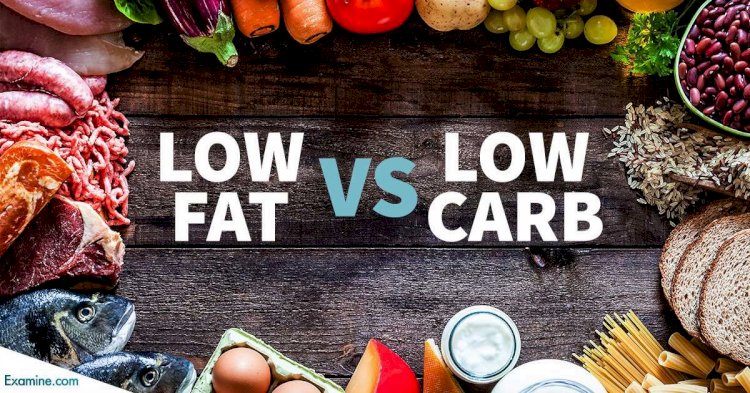Low-Carb or Low-Fat: Which Is Better?
Recent Study Says None!

Taking these extremes might not be as good as a strategy if you're trying to lose weight. Losing weight is not as easy as reducing the consumption of a certain food category significantly, evidence shows. Say people that you're on a diet, and the unavoidable question arises: are you low-carbohydrate or low-fat? Perhaps when you knew you needed to lose weight, you had trouble making the decision yourself.
How was the research performed?
609 fit, obese middle-aged men and women were recruited by scientists for the project. Each individual attended 22 licensed dietitian-led workshops throughout the year to show them a healthier way of eating low-fat or low-carb, based on the community in which they were (because you can, essentially, make unhealthy choices in each category). In the first two months, each participant began by limiting fat and carbohydrates to 20 grams a day. After that, once they hit a degree they considered as sustainable and incorporated fat or carbohydrates back into their diet in limited quantities.
Findings
As the result, neither genetics nor insulin secretion made a difference. What scientists told participants to eat was the fascinating thing about the study. Although two radically different dietary approaches tend to be low-fat and low-carb, participants were anchored by similar objectives: eating more veggies, and cutting back on processed sugar, refined wheat, and trans fat. The consistency of diets was also stressed, including the selection of minimally processed food and the promotion of home-cooked food.
The Mediterranean diet, the DASH diet, and the vegetarian diet are the three major diets that aim to support wellbeing and a healthier weight. Their similarities include product concentrate, whole wheat, nuts and beans, balanced fats, and some lean protein.


 Local BangaloreTeam
Local BangaloreTeam 










